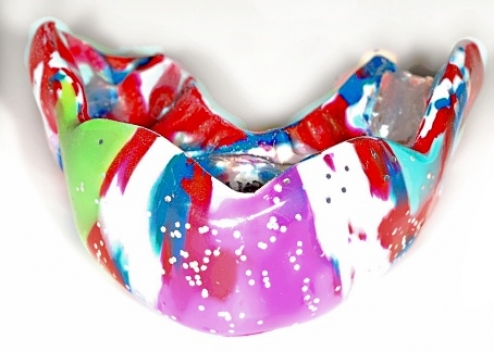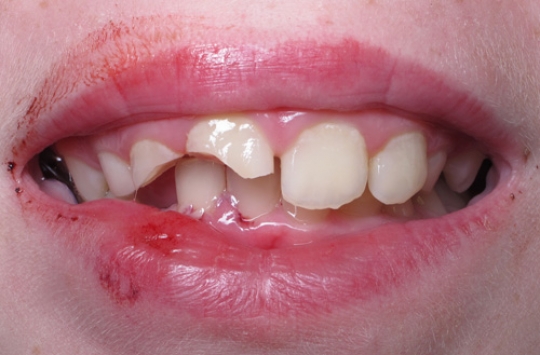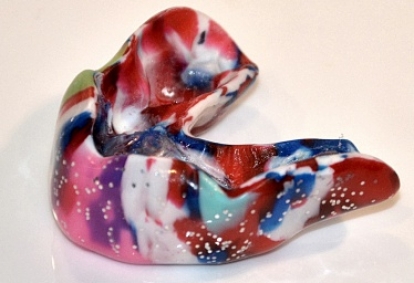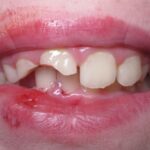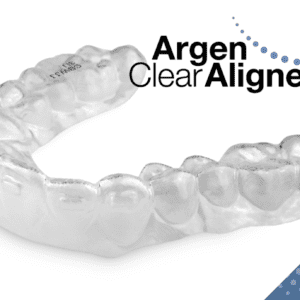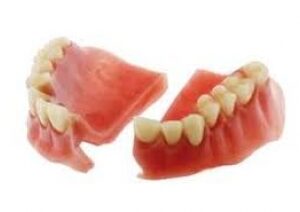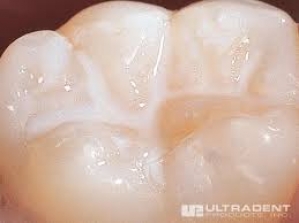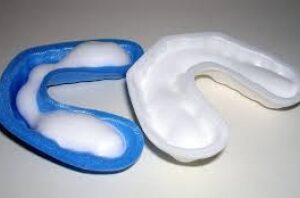Sports Guards
How do mouthguards work?
With no mouthguard, a blow to the lower face sends shock waves through the skull. A direct impact can fracture the front teeth. However other blows, particularly to the lower jaw, can cause a different type of damage. A blow to the lower jaw can slam the jaws together and the sudden impact of the relatively sharp lower teeth into the back of the upper teeth is like a chisel, causing a fracture of the upper teeth by punching them forwards.
In some cases, the transmitted forces can lead to a fracture of the lower jaw, or will travel through the jaw joint (TMJ) into the base of the skull causing a concussion.
Mouthguards act like a shock absorber, both spreading the force over a larger area and increasing the time for the peak force to occur. Dissipating the energy of the blow over a larger area and longer time reduces its effect preventing or vastly reducing any injury.
A custom made mouth guard is essential to protect your teeth when taking part in all contact sports. Considering the mouth is the most commonly injured part of the body during contact sports, an accurately moulded sports guard is an essential part of everyone s sports kit.
We recommend a sports mouth guard especially for Rugby, Hockey, Boxing and Martial Arts sports, Basketball and any other contact sport.
A simple impression will provide maximum protection.
What about home kits?
There are cheaper kits available. They involve heating the product in hot water and then putting it in your mouth until it sets. Unfortunately, these mouthguards can fit badly and be uncomfortable to wear. They can fall out or even cause choking. Also the material is at its thinnest where it is needed most.
What do I do if I knock a tooth out?
Firstly, if you can find the tooth and it is clean, put it back into the socket yourself. If you can’t put it back, put it straight into a cup of milk or keep it in your mouth.
- Don’t panic
- Do go to a dentist or hospital as soon as possible
- Do take painkillers if you need to, but don’t take any medication containing aspirin as this can cause the bleeding to get worse
- Do not hold the tooth by the root, as teeth are surrounded by fragile ligaments which need to be kept intact if the tooth is to be put back in
- Do not clean the tooth with disinfectant or water, or let it dry out
- Do not put aspirin or clove oil on the wound.
The sooner the tooth is replaced, the better the chances of success. If you have not managed to do it yourself, the dentist will put the tooth back. They may use a dental splint to fasten the tooth against the teeth on either side. In most cases this is successful, and once the splint is removed the tooth is stable. However, you will almost certainly need more treatment in the future.

